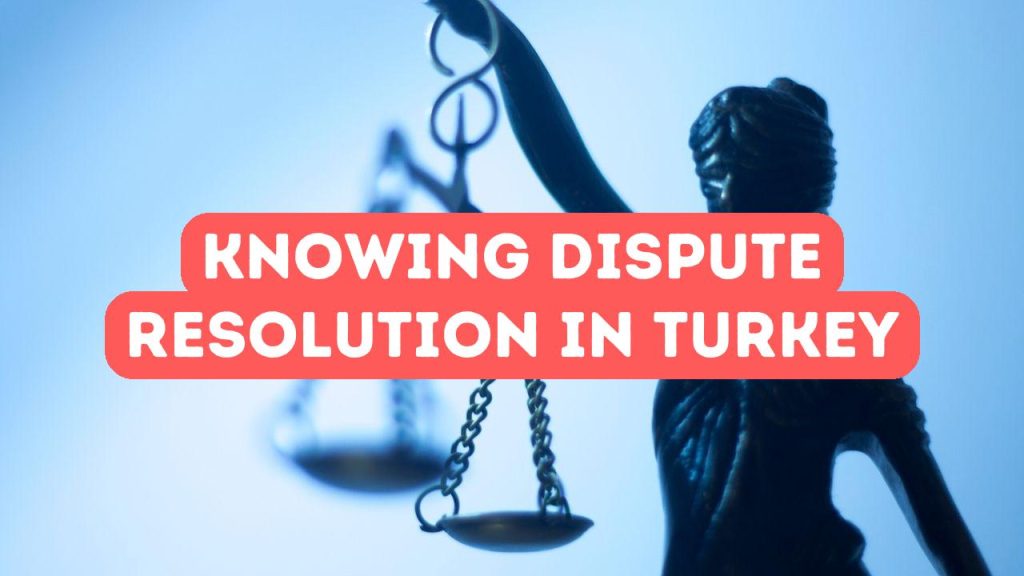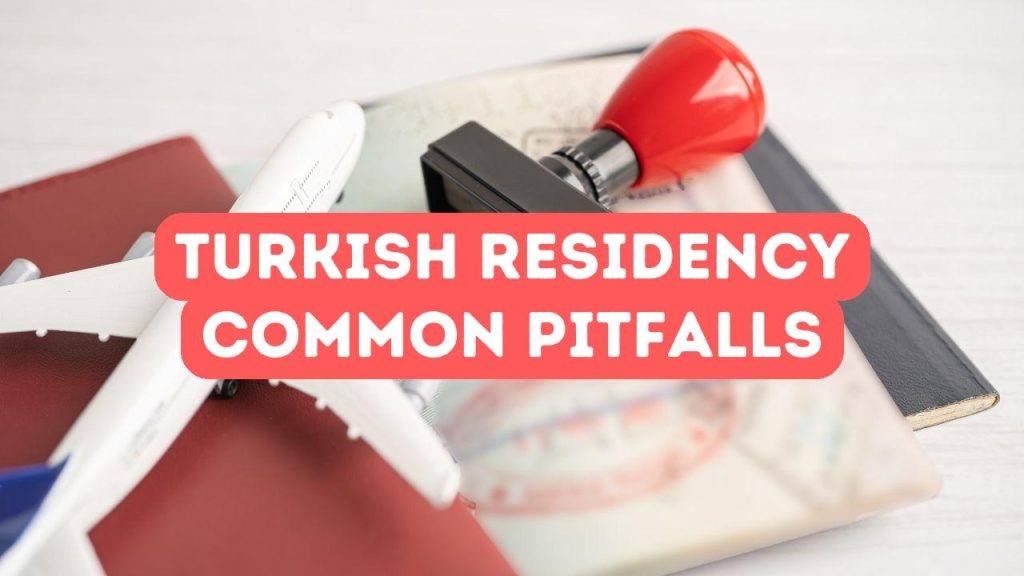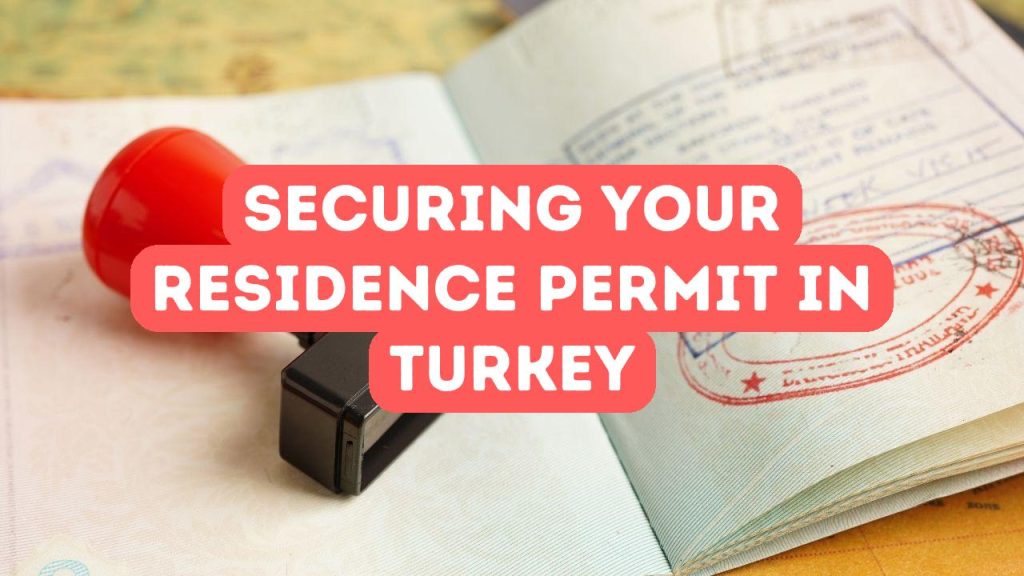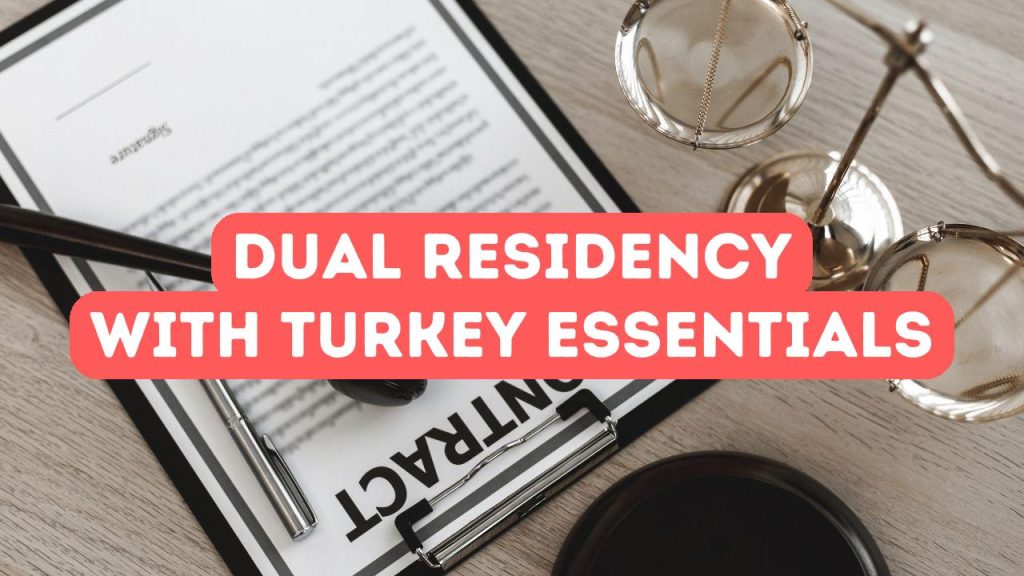Understanding the Legal Framework for Dispute Resolution in Turkey
The legal framework for dispute resolution in Turkey is primarily grounded in its Constitution and the comprehensive set of laws inscribed in the Turkish Code of Obligations and the Turkish Commercial Code. Central to this framework is the Civil Procedure Law, which dictates the formal processes through which civil disputes are to be navigated. Residents must be mindful of the hierarchical structure of the courts, beginning with peace courts for minor cases, ascending to first instance courts for more significant matters, and ultimately the possibility of appeal to the regional courts of justice and the Court of Cassation. Moreover, administrative disputes follow a parallel track, culminating at the Council of State. Understanding which court or legal body has jurisdiction over a specific dispute is critical, as it influences the procedural rules, the potential outcomes of the case, and the subsequent appeal mechanisms available to the parties involved.
In addition to understanding the judicial hierarchy, residents should familiarize themselves with the statutory timelines and procedural steps dictated by Turkish law. The Civil Procedure Law prescribes strict deadlines for filing claims, submitting evidence, and appealing decisions. Non-adherence to these timeframes can irrevocably forfeit a party’s right to seek redress or challenge a ruling. Equally important is awareness of the Law on Mediation in Civil Disputes, which promotes resolution outside the court system, providing avenues for voluntary settlement that can be faster, less adversarial, and more cost-effective. Engaging with this legislation empowers residents to utilize mediation as a mandatory precursor in certain cases, such as commercial disputes, before proceeding to litigation, ensuring that all potential paths to amicable settlement have been exhaustively explored.
Familiarity with Turkey’s robust avenues for alternative dispute resolution (ADR) is also essential. Beyond traditional court proceedings, arbitration is widely recognized under the International Arbitration Law, catering specifically to foreign trade and investment disputes. This option allows parties to bypass the often-lengthy court process in favor of a binding decision from a neutral arbitrator, whose expertise is particularly beneficial in complex commercial conflicts. Residents are also encouraged to consider conciliation—a less formalized approach that, unlike mediation, may lead to a resolution through a conciliator’s proposal. Leveraging these approaches effectively demands an appreciation of their nuances, including the degree of confidentiality involved, the enforceability of agreements, and their potential to preserve business relationships that might otherwise be damaged by contentious litigation. Accessing these ADR mechanisms requires not just legal savvy but tactical acumen, ensuring that when disputes arise, residents are equipped to select the path that aligns with their interests and renders a judicious outcome swiftly and efficiently.
Exploring Mediation and Arbitration in the Turkish Judicial System
In Turkey, mediation and arbitration stand as less confrontational alternatives to traditional court litigation and are increasingly being integrated into the fabric of the legal system to encourage efficient dispute resolution. Mediation, which became a mandatory pre-litigation step for certain civil disputes as of 2019, emphasizes the role of a neutral third party who facilitates a dialogue between disputing parties to help them reach a mutually satisfactory agreement. Arbitration, on the other hand, provides a binding resolution that is often faster and more tailored to the needs and confidentiality requirements of the parties involved. Both mechanisms are underpinned by the principles of voluntariness and impartiality, offering a level of flexibility and control over the process that is rarely achievable through court proceedings. As a result, residents must be attuned to the merits of these forms of alternative dispute resolution as viable pathways to amicable settlements, particularly in commercial and personal disputes where preserving relationships can be as critical as resolving the contention itself.
Arbitration in Turkey is governed by the International Arbitration Law and the Civil Procedure Law, catering not only to domestic disputes but also providing an internationally recognized framework for resolving cross-border contentions. It is imperative for residents to understand that by opting for arbitration, they agree to abide by the arbitrator’s decision without the option for an appeal, which underscores the importance of choosing an arbitrator with the appropriate expertise. Furthermore, Turkey’s pro-arbitration stance is reflected through its ratification of the New York Convention, facilitating the enforcement of international arbitral awards. This alignment with global standards positions Turkey as a favorable venue for international investors and businesses seeking a reliable alternative to protracted legal battles in national courts. Nonetheless, parties must approach this option with due diligence, recognizing the formalities and the subsequent binding nature of this private adjudication process.
Amidst the benefits of meditation and arbitration, it’s essential for Turkish residents to acknowledge certain limitations and prepare appropriately. First and foremost, selecting a mediator or arbitrator with the requisite skill set and experience is crucial, as the success of these processes hinges on the quality of the third-party facilitator. Moreover, parties should be aware that, while less formal than court procedures, mediation and arbitration proceedings require thorough preparation and a clear understanding of the underlying legal principles to effectively advocate for one’s position. It’s also noteworthy that not all types of disputes may be suitable for these alternative paths, particularly those requiring authoritative judicial intervention or where power imbalances may preclude a fair negotiation. Consequently, when diving into mediation or arbitration, preparedness is vital, as is an awareness of when to transition back to the judiciary to uphold one’s rights and seek a judgment that mediation or arbitration cannot provide.
Navigating Court Procedures and Alternative Dispute Mechanisms in Turkey
In Turkey, court procedures are governed by a rigorous legal framework aimed at ensuring fairness and transparency. Commencing with the principle of exhausting all preliminary remedies, residents are encouraged to begin with alternative dispute resolution (ADR) mechanisms such as reconciliation or mediation. The Turkish judicial system, acknowledging the potential for ADR to provide time-efficient and less adversarial outcomes, has embedded these processes in both civil and commercial disputes. Mandatory mediation, for instance, is now a prerequisite for labor disputes and certain commercial cases before litigation can proceed, reflecting a trend towards favoring collaborative resolution over courtroom confrontation. As residents navigate through the complexities of legal disputes, understanding these requirements is critical to avoid unnecessary delays and to take advantage of more amicable resolution methods that the Turkish legal infrastructure advocates, thereby aligning with global shifts towards embracing ADR.
For those matters inevitably progressing to the court system, Turkey’s Civil Procedure Law delineates a multi-stage process that encapsulates procedures for filing, adjudication, and appeals. The initiation of a lawsuit entails a petition submission to the appropriate court, matched by stringent deadlines and procedural requirements attendant to each case type. Moreover, Turkey’s digitization efforts have introduced the National Judiciary Informatics System (UYAP), streamlining case management and enhancing access to justice by allowing online submissions and interactions with the judiciary. Staying abreast of such procedural evolutions is crucial, as missteps in litigation protocols can lead to forfeiture of rights or case dismissal. Well-versed legal representation becomes invaluable at this juncture, guiding residents through labyrinthine legal corridors with strategic acumen while fostering adherence to the obligatory judicial decorum and ensuring that their case is presented effectively to the tribunal.
Beyond court litigation and ADR, Turkey also offers specialized avenues for dispute resolution, catering to specific areas such as consumer complaints, intellectual property, and real estate disagreements. Entities like the Consumer Arbitration Committees and the Intellectual Property Courts deal with these specialized disputes, providing structured yet specialized resolution platforms. It is imperative for residents to recognize which body is equipped to handle their distinct issues; this knowledge not only refines the dispute resolution path taken but also significantly enhances the chances of a favorable outcome. Engaging with industry-specific experts or legal practitioners, who can adeptly navigate these specialized systems, is often indispensable. In essence, the multifaceted nature of Turkey’s dispute resolution landscape calls for a discerning approach to conflict management — one that aligns with the nuances of each unique situation and the specific legal context it resides within.






